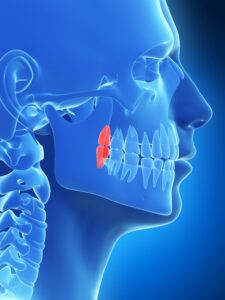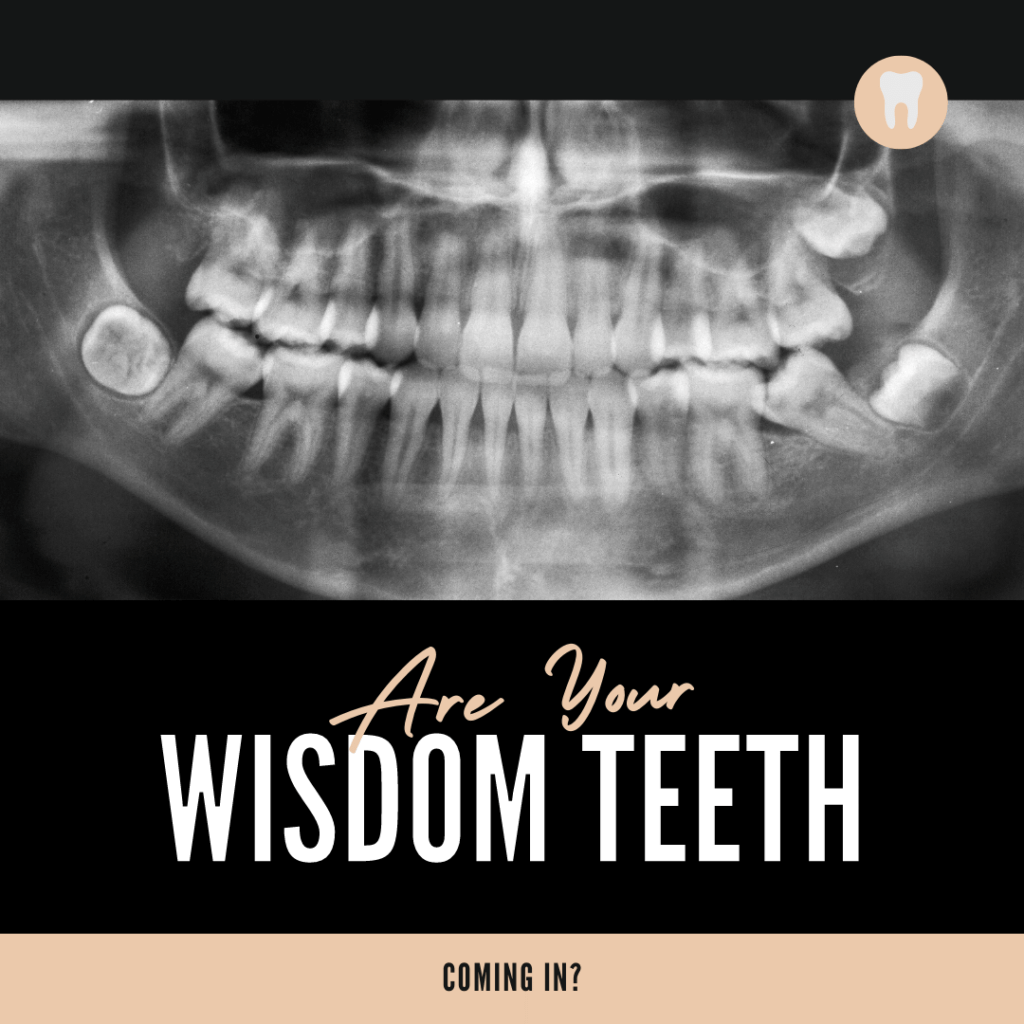Most people have four wisdom teeth, which are the last teeth to erupt in the mouth. Wisdom teeth are so called because they usually come in when a person is considered “wise” – around late teens or early twenties. Even though most people have them, wisdom teeth often cause problems. In this blog post, we will discuss everything you need to know about wisdom teeth – from what they are, to when they erupt, to why they sometimes need to be extracted. We will also talk about the different types of extractions and when each is necessary.

Wisdom teeth are the third molars, or back teeth. They usually come in between the ages of 17 and 25, which are known as the “wisdom” years. Although no one knows the exact reason why wisdom teeth exist, some researchers believe that they were once helpful for our ancestors who had a diet that was mostly rough, fibrous foods.
For some people, wisdom teeth cause no problems and they erupt normally into the mouth. In these cases, not much action is needed. However, for others, wisdom teeth can become impacted, meaning they do not come in properly or they get stuck underneath the gum line.
There are three types of impaction:
- Soft tissue impaction: The tooth is covered by gum tissue but is able to partially erupt.
- Partial bony impaction: Part of the tooth has erupted through the gum but part remains trapped in bone.
- Complete bony impaction: The tooth is completely trapped within the jawbone and has not erupted at all.
If you think you may have an impacted wisdom tooth, the best thing to do is to see a dentist. They will be able to take x-rays and determine if your wisdom teeth are impacted and need to be removed.
Impacted wisdom teeth are usually extracted because they are unlikely to come in properly or they may cause a lot of pain and problems. Impacted wisdom teeth can crowd other teeth, damage the jawbone, and even lead to infection or cysts in the jawbone. That is why most people who have impacted wisdom teeth will need to have them extracted by a dentist or oral surgeon.
There are two types of extractions: simple and surgical. A simple extraction is when the dentist or oral surgeon can easily see and remove the wisdom tooth using forceps and an elevator tool. A surgical extraction is when the tooth is impacted and buried underneath the gum line or in the jawbone. This type of extraction is more complex and often requires stitches.
In conclusion, wisdom teeth are the third molars that come in during the late teen or early adult years. They can cause problems if they become impacted and most people will need to have them extracted. If you are experiencing pain or other problems with your wisdom teeth, it is important to see a dentist or oral surgeon. They will be able to determine if your wisdom teeth need to be extracted and what type of extraction is necessary. There are two types of extractions: simple and surgical. Wisdom teeth extractions are very common and nothing to worry about – but it is always best to consult with a professional to ensure that everything goes smoothly. Thanks for reading!




